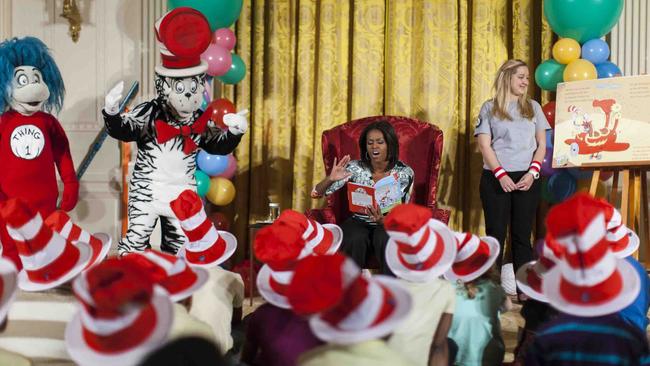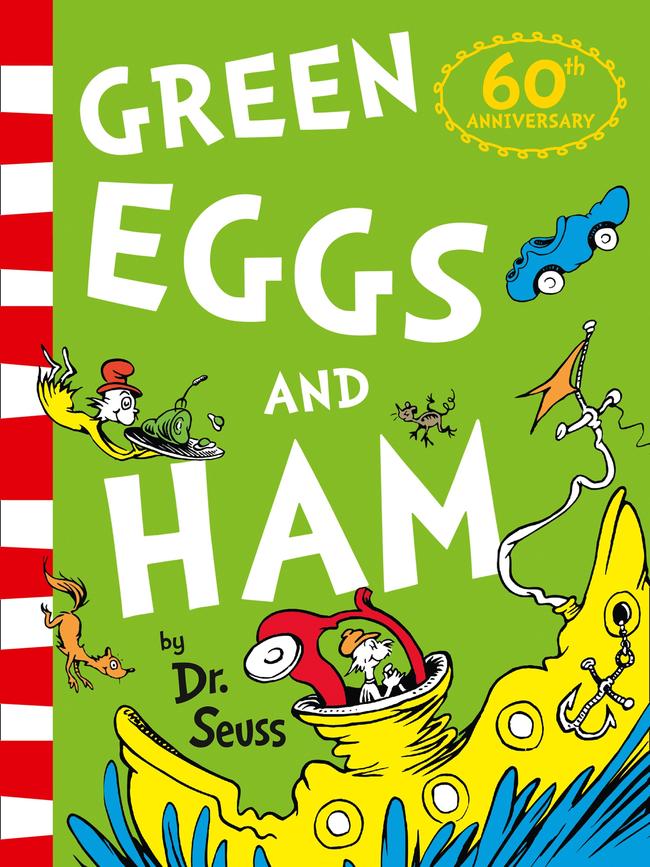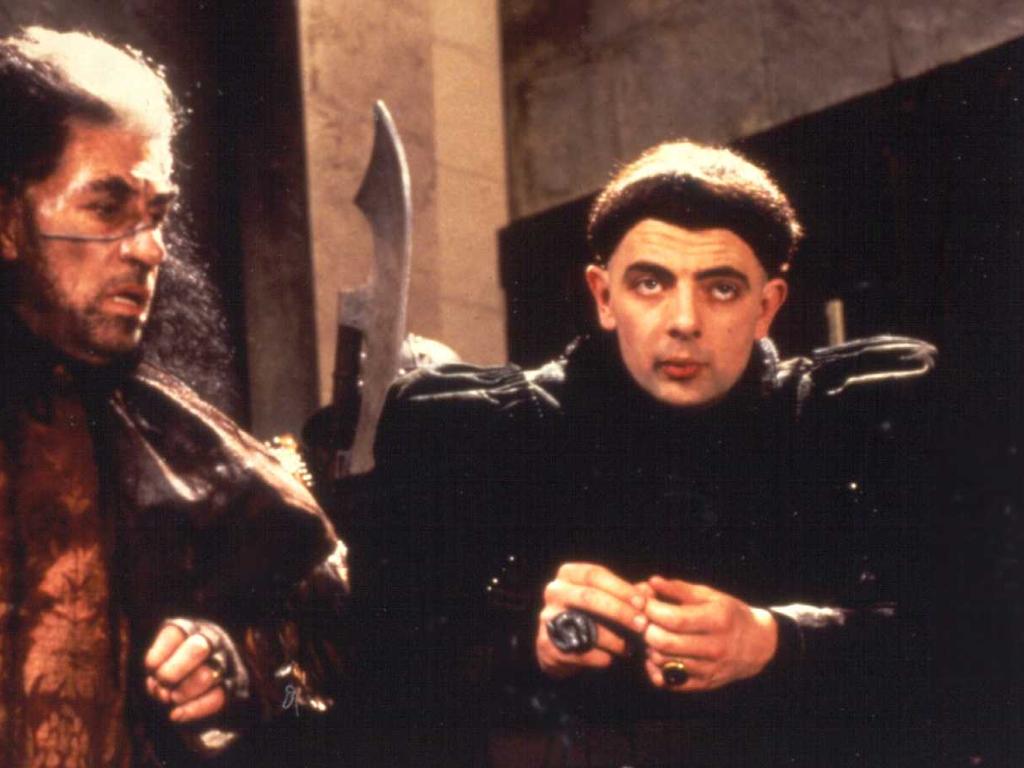The Next Cancellation Target: Dr. Seuss

Former First Lady Michelle Obama welcomed the Cat in the Hat to the White House in 2015. Six years later, Dr. Seuss is increasingly unwelcome at public schools in the nation’s capital.
What changed? Not Dr. Seuss. Blame our present fixation on judging revered historical figures by their worst sins rather than their best contributions.
Dr. Seuss, pen name of Theodor Seuss “Ted” Geisel (1904-91), is one of America’s best-known children’s authors. From Green Eggs and Ham to The Sneetches, from The Cat in the Hat to Oh, The Places You’ll Go!, Geisel’s books are ubiquitous on kids’ bookshelves.

His legacy includes Read Across America Day, which takes place annually on his birthday, March 2. Starting in 1997, the National Education Association, in partnership with Seuss Enterprises, used the day as an organizing event to promote childhood literacy.
The U.S. Senate unanimously approved several celebratory resolutions praising Dr. Seuss’s “success in encouraging children to discover the joy of reading.”
This joy began to fade in 2017, when the NEA announced it would reduce its emphasis on Dr. Seuss to encourage diversity. An article on the union’s decision warned that “a connection to the legendary children’s author no longer comes without criticism,” citing another report that asked “Is the Cat in the Hat Racist?”
This year the transition was complete: My daughter’s public school in Washington sent an email to parents saying it has “moved away” from the focus on Dr. Seuss.
Some of Seuss’s early works were indeed racist. He drew on crude and offensive stereotypes in several drawings of blacks and Asian-Americans.
Seuss Enterprises doesn’t shy away from this controversy: “These racially stereotypical drawings were hurtful then and are still hurtful today,” it acknowledges in an online essay titled “Dr. Seuss Use of Racist Images.”
But like many Americans before him and since, Dr. Seuss changed. As a political cartoonist during World War II, Seuss often criticized “isolationism, Racism, and Anti-Semitism with a conviction and fervor lacking in most other American editorial pages of the period,” another well-known illustrator, Art Spiegelman, wrote in 1999.
He also wrote Yertle the Turtle, an antifascist tale on “the rise of Hitler,” and a magazine story that would become the antidiscrimination classic The Sneetches.
In 2015 remarks to White House interns, President Obama even cited The Sneetches as a laudable example of how to live your life: “Pretty much all the stuff you need to know is in Dr. Seuss.”
The desire to wipe Dr. Seuss’s books from elementary schools stems from the same harmful worldview that says Abraham Lincoln’s name should be removed from a public school because some of his views fall short by today’s standards, or that describes Mount Rushmore as a monument to racism. Our country’s history is filled with imperfect people who nevertheless did remarkable things.
Michael Saltsman is managing director of the Employment Policies Institute.






